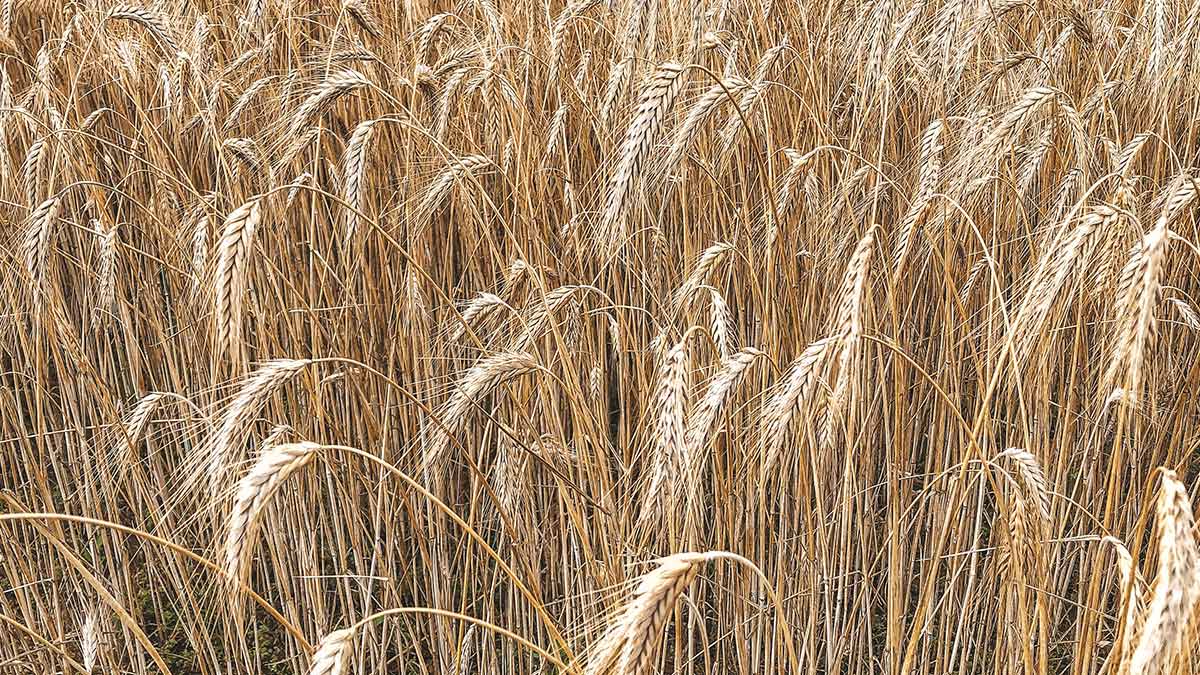Black Sea wheat war is sideshow for grain deal

LONDON, Aug 9 (Reuters Breakingviews) – A fast-escalating wheat war in the Black Sea may have a silver lining. Russia’s and Ukraine’s bombing of each other’s ports could prevent crucial grain exports from reaching world markets, and lift food prices up again. Yet the attacks could also persuade the two enemy countries it’s in their mutual interest to strike a new grain deal.
With its drone attacks on the port of Novorossiysk on Aug. 4, Ukraine has shown its ability to hit Russian vessels transporting wheat or oil. That came two days after Vladimir Putin ordered the bombing of Izmail, the Danube harbour Ukraine uses to export its own wheat.
The Russian attack followed Putin’s denunciation last month of a July 2022 “grain deal” with Ukraine. The Turkey-brokered accord had allowed Kyiv, the world’s fifth largest wheat producer, to export food via Odesa across the Black Sea.
The bombing of the Danube ports, if sustained, could deprive Ukraine of a major source of revenue. Agriculture is the country’s main source of export revenue, amounting to $28 billion, or 41% of total exports, in 2021, the year before war broke out.
Russia, the world’s biggest wheat exporter, shipped 45.5 million metric tons of the cereal in the 2022/2023 record season, which could be surpassed this year, according to U.S. Department of Agriculture estimates. Ukraine meanwhile managed to export some 17 million tons, partly thanks to the grain pact. As a result, global wheat prices on the Chicago Board of Trade declined by nearly 40% between October and May.

Nervousness around the unravelling of last year’s grain deal triggered short-lived spikes of 17% to 20% in wheat prices. Ukraine’s bombing of Novorossiysk only sent prices up 2% again on Monday. At $6.47 a bushel, expectations of bumper harvests are keeping wheat below the $7.60 peak reached last month after the first Danube strike. They are now around their level of October 2021, months before Russia’s invasion of Ukraine.
Markets may be too sanguine. But they may be right to take the attacks in their stride if they are a prelude to a new grain agreement.
For Russia, hitting targets on a river that defines the border with NATO member Romania is a risky gambit: any incident could be considered as an aggression against the military alliance itself. But Ukraine can only hope to strike a new accord if Moscow gets something out of it, which was not the case in the original pact.
A lot will depend on whether the United States and Europe are ready to provide proper guarantees that Russian food exports can reach world markets. Allowing the Kremlin’s agriculture bank to reconnect with the SWIFT international payments system, as Putin has asked, would be a minor concession. Both Moscow and Kyiv know by now that protecting their vital grain exports is in both countries’ interest.
(The author is a Reuters Breakingviews columnist. The opinions expressed are their own.)
Follow @pierrebri on Twitter
CONTEXT NEWS
Russia’s Defence Ministry said on Aug. 4 that Ukrainian sea drones had attacked a Russian navy base near the Black Sea port of Novorossiysk, a major hub for Russian exports, and were destroyed by Russian warships.
Two days earlier, Russia had attacked a Ukrainian port on the Danube River, ramping up its use of force to prevent Ukraine from exporting grain.
The United States will continue to do “whatever is necessary” to ensure Russia can freely export food if there was a revival of a deal allowing the safe Black Sea export of Ukrainian grain, U.S. Secretary of State Antony Blinken said on Aug. 3.
“We want to see that food on world markets. We want everyone to benefit from the lower prices,” Blinken said after chairing a U.N. Security Council meeting on food insecurity.
Russian President Vladimir Putin told his Turkish counterpart Tayyip Erdogan on Aug. 2 that Moscow was ready to return to the Black Sea grain deal it denounced last month “as soon as the West actually fulfils all the obligations to Russia”, according to a Kremlin statement.
Editing by Lisa Jucca and Oliver Taslic
Our Standards: The Thomson Reuters Trust Principles.














